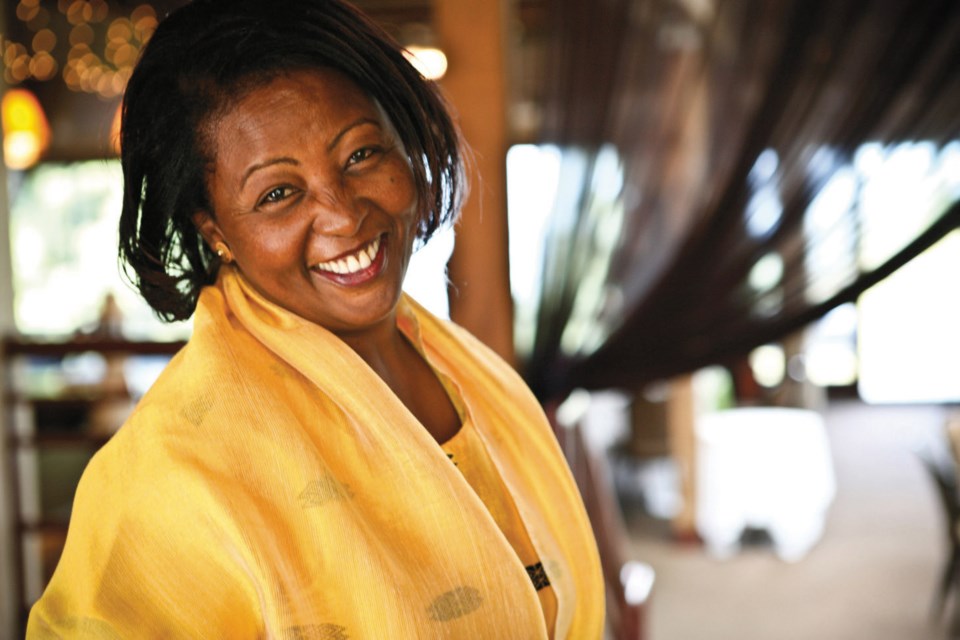A woman accused of stabbing a social worker to death in her Burnaby home has had her constitutional challenge dismissed by a B.C. Supreme Court judge.
Ayelech Ejigu was charged with second-degree murder in the stabbing death of Bayush Hagos back in 2011.
Ejigu has pleaded not guilty on the basis that she was not criminally responsible at the time of the offence due to a mental disorder.
Ejigu is accused of killing Hagos by stabbing her 77 times with a kitchen knife on Sept. 1 of that year. She then stabbed herself a number of times, inflicting several superficial wounds, court documents state.
The case is still before the courts, but her lawyers applied to strike a section of the Criminal Code that deals with the insanity defence, arguing the laws regarding criminal responsibility reverse the burden so the accused bears the burden of proving the defence.
Ejigu’s lawyer Janet Winteringham argued that whenever the burden is reversed, it violates the presumption of innocence.
“The purpose for us of bringing that application was because we said it’s an extraordinarily difficult burden on an accused persons’ suffering from a mental disorder to meet the defence and that it does violate charter rights,” she told the NOW.
In his decision, Justice Barry Davies declared the reverse burden was a violation of the charter in three sections. But the judge’s decision stated the violations are matters for consideration by Parliament or by the Supreme Court of Canada if it chooses to revisit these issues.
Winteringham said the decision opens up the possibility of taking the case to the Supreme Court of Canada. It’s a decision that hasn’t been made.
In the meantime, the case is scheduled to be back in court on Sept. 19 for closing arguments.
Winteringham noted the judge could accept or reject the not criminally responsible defence or convict Ejigu of second-degree murder or manslaughter.
According to court documents, Ejigu was staying at Hagos’s apartment at 4134 Maywood St. in the fall of 2011, while the defendant was on bail for the attempted murder of her husband in Fort St. John in 2009 – a charge of which she was eventually acquitted.
When police arrived, Ejigu was found covered in blood on the balcony of the apartment. When taken by ambulance to the hospital, she was agitated, flailing her arms around and screaming incomprehensibly.
The court documents state evidence establishes beyond a reasonable doubt that Ejigu killed Hagos by stabbing her to death and the only issue is the accused’s mental state at the time of the killing.
At trial, Ejigu testified she remembers some events prior to stabbing Hagos but does not recall the killing itself.
According to court documents, Ejigu was born and raised in Ethiopia and is a member of the Amhara minority in that country and speaks the Amharic language. She immigrated to Canada as an adult and her ability to speak English is “at best limited,” according to the documents.
Before her death, Hagos, 57, worked at Vancouver and Lower Mainland Multicultural Family Support Services as a counsellor shortly after arriving from Ethiopia in the late 1980s.
At the time of her death, she was remembered by friends as “an indiscriminately caring and compassionate woman who opened her home and heart to anyone in need.”
According to media reports, Hagos was involved in a 2003 report about abused immigrant women titled Assisting Immigrant Women Abused by Their Sponsors, which was put out by the B.C. Institute Against Family Violence.



